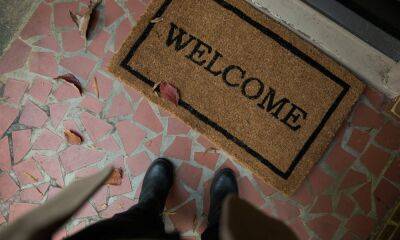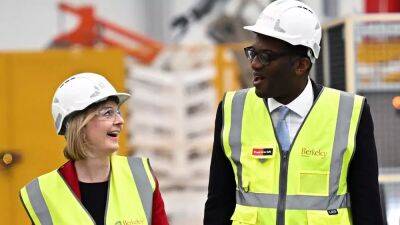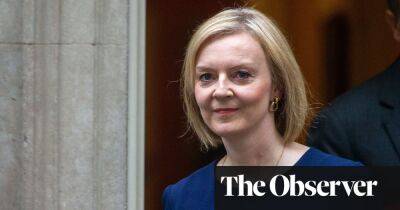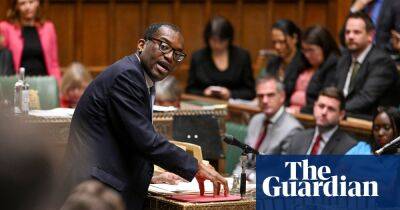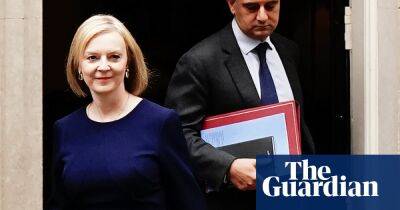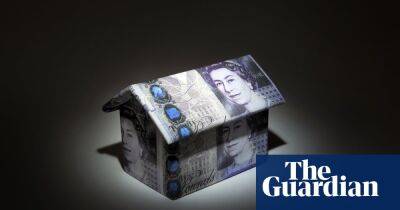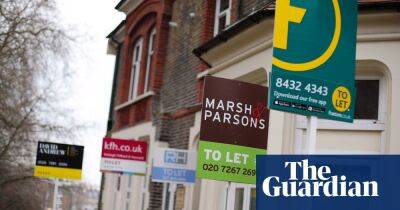‘It’s bittersweet’: what home-buyers think of chancellor’s stamp duty cut
The UK chancellor, Kwasi Kwarteng, has announced a permanent stamp duty reduction for property purchases in England and Northern Ireland – a move that forms part of a mini-budget critics say will reward the rich more than those on lower incomes.
Under the new system, effective from Friday, the first £250,000 of a property’s value will be exempt from stamp duty. Buyers will pay 5% of the value of the home from £250,001, while the portion between £925,001 and £1.5m will continue to be taxed at 10%. Any property worth more than that will be subject to stamp duty rates of 12%.
The threshold at which first-time buyers begin to pay stamp duty will increase from £300,000 to £425,000, and the maximum value of a property on which first-time buyers’ relief can be claimed will also increase, from £500,000 to £625,000.
Here, four people from different parts of the country explain how the changes could affect them.
Ellie Stevens, a local government grant manager, held off on exchanging on her first property purchase in the hope that a stamp duty cut would be announced, and will now save £5,000.
Stevens and her partner, a graphic designer, both 29, have been renting in Bristol for seven years, and have been trying to buy a home for a year.
“This cut is really good news for us personally. It’s a year’s-worth of savings for me. But I do think this will make it harder for people like us to buy a house in the long term. The property market here is already totally insane. We’ve put offers in on 10 houses, always at 10% above asking price, and had only two accepted,” Stevens says. “For every property, there were at least 15 interested buyers.”
During the pandemic, house prices in Bristol rocketed, in part, Stevens says, due Rishi Sunak’s temporary
Read more on theguardian.com





